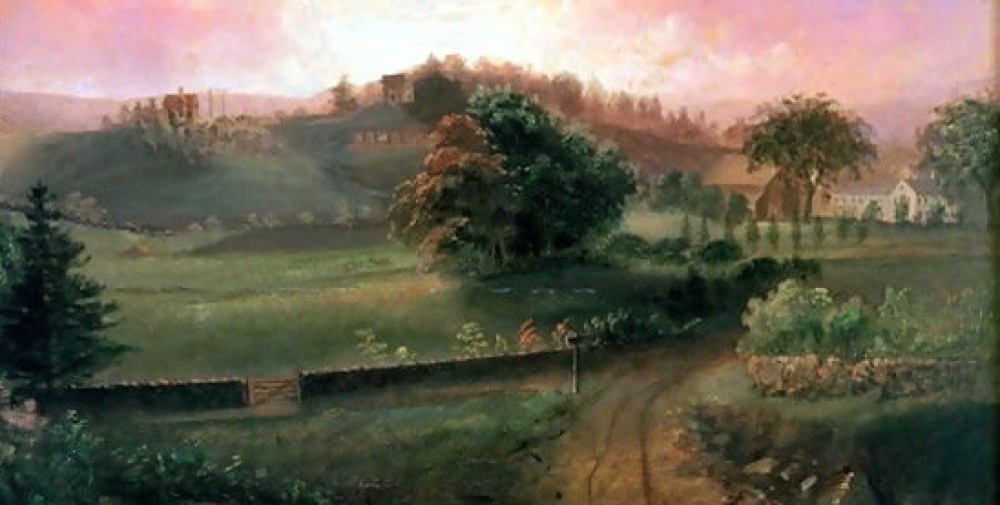Why should you be interested in Brook Farm, and why should you really care about learning about the community and its weekly newspaper? My specific research focused on Brook Farm’s publication, The Harbinger. After studying it for a little while, I found it fascinating how a paper dedicated to spreading certain ideas of one movement was labeled one of the most progressive and free-minded papers of its time. The Harbinger was a weekly publication that reached readers both inside and the outside of the community with a circulation of about 1,000. Its mission was to spread Associationist ideals through an engaging platform, designed to address all aspects of society. However, the Associationist beliefs were not typically expressed explicitly article after article. Rather the ideas were often intertwined in the various columns, that talked about modern issues in society. There were columns that included literary criticism, fine arts, poems and musical reviews.
The Musical Review column was a very new concept to any of the papers, and it essentially pioneered the way for future columns like it. Here is a small community, with excellent journalistic ideas, making an impact on the present and the future. Famous authors were also featured in the paper, making it very interesting and relevant to its readers. The Harbinger found a way to take their beliefs and present them in an appealing way, a principle that is still tackled today. They got to decide what news they wanted to report, and how they wanted to cover it, but they made it interesting to consume and therefore gained a lot of attention.
Other famous newspapers at the time were well aware of The Harbinger. The Boston Atlas, The Chicago Tribune, and the Cincinnati Herald were all big publications at the time, and they all respected and found the Brook Farm paper impressive. When we think of Utopias we often think about how closed off they were, trying to keep to their own little world. But the purpose of a newspaper is to connect its readers with a common interest, and The Harbinger did just that while spreading their ideas.
